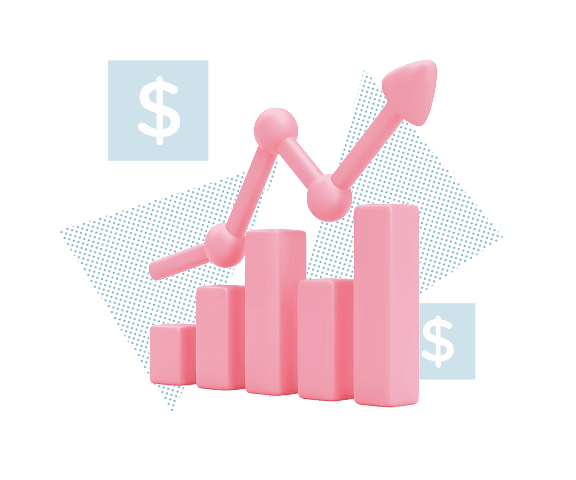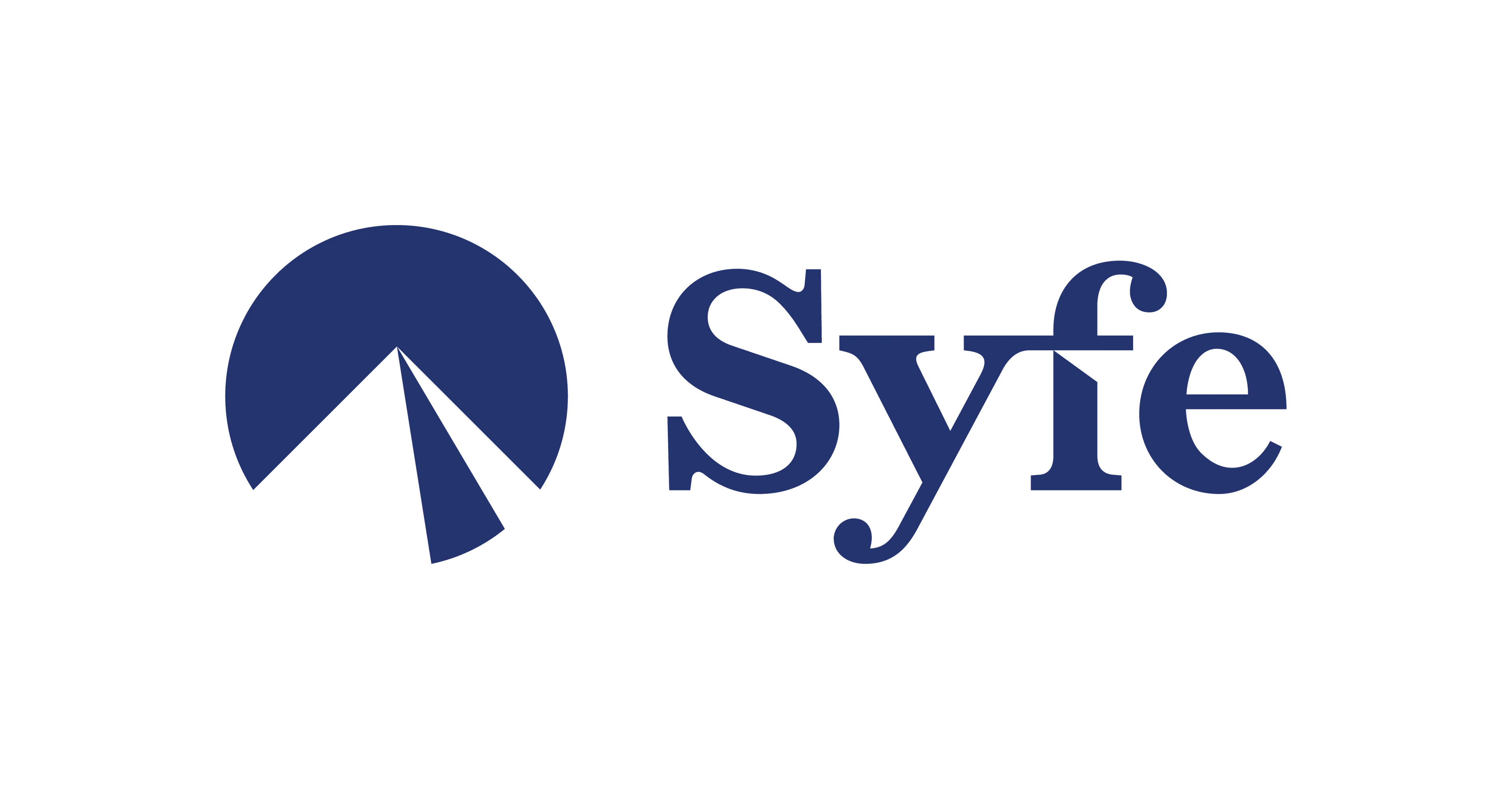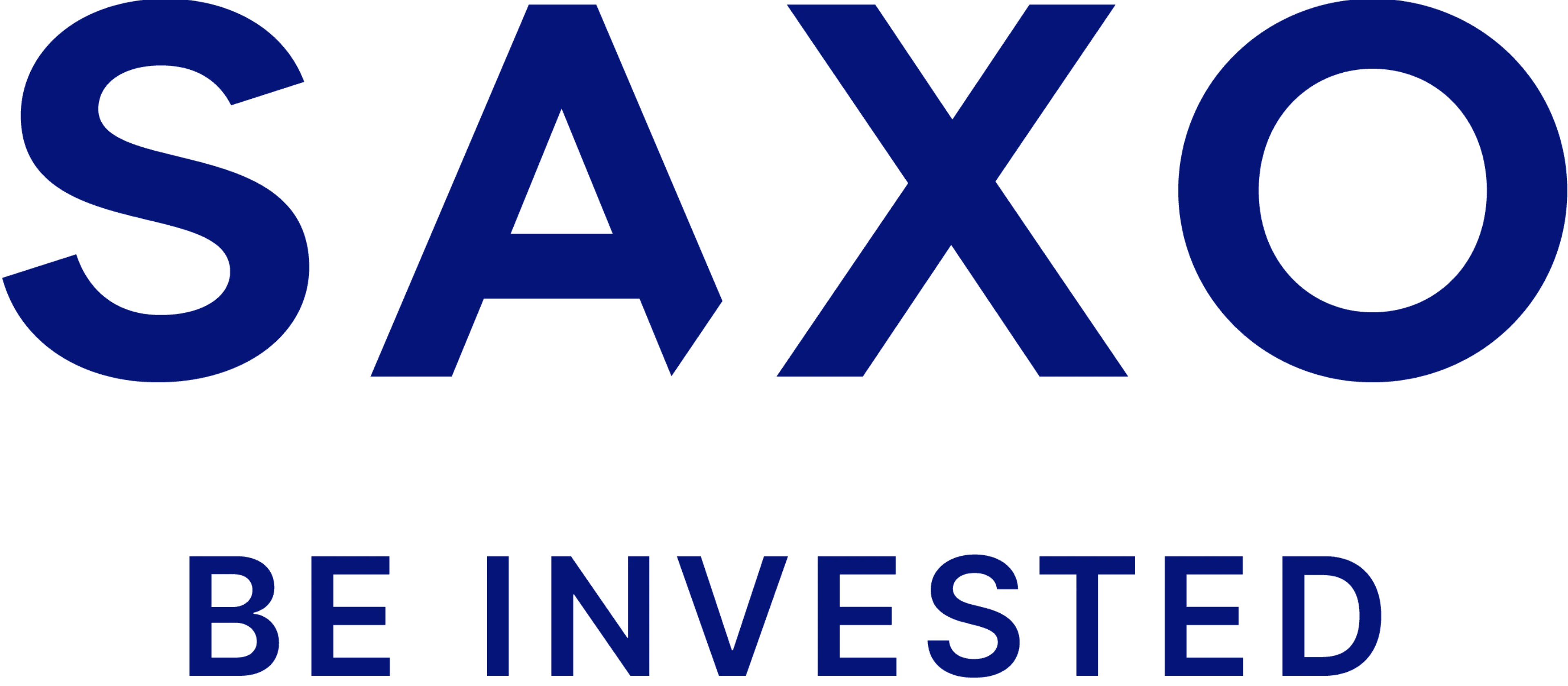Singapore Online Stock Brokerage Account Fees Compared in 2025
Updated: 4 Aug 2025
Written bySingSaver Team
Team
The information on this page is for educational and informational purposes only and should not be considered financial or investment advice. While we review and compare financial products to help you find the best options, we do not provide personalised recommendations or investment advisory services. Always do your own research or consult a licensed financial professional before making any financial decisions.
Choosing the right online stock brokerage account in 2025 can save you more money than you think. Brokerage fees — the small charges you pay when buying or selling shares — might look harmless, but they can quickly eat into your returns, much like how daily kopi runs can add up over a month. For example, investing $1,000 in a stock might cost you $10 on one platform but just $1 on another. Over time, that difference means more money stays in your pocket.
This guide breaks down Singapore’s brokerage fees in plain English, comparing costs across platforms for both local and US markets. We’ll also explain key terms like CDP-linked vs custodian accounts and share practical tips to help you avoid unnecessary fees. Whether you’re just starting out or looking to trim your trading costs, this comparison will show you how to invest smarter without paying more than you need to.
Stock brokerage account fees comparison
|
Provider |
Account type |
Min. commission fee |
Trading commissions |
|
CGS International Securities |
Cash account |
S$25 |
Up to S$50,000: 0.275% S$50,001 to S$100,000: 0.22% Above S$100,000: 0.18% |
|
Cash upfront |
S$18 |
0.18% |
|
|
DBS Vickers |
Cash account |
S$27.25 |
0.18% |
|
Cash upfront |
S$10.90 |
0.12% |
|
|
FSMOne |
Cash upfront |
Stocks: S$8.80 (flat fees) ETFs: S$3.80 (flat fees) |
Stocks: S$8.80 (flat fees) ETFs: S$3.80 (flat fees) |
|
KGI Securities |
Cash account |
S$25 |
Up to S$50,000: 0.275% S$50,001 to S$100,000: 0.22% Above S$100,000: 0.18% |
|
Cash upfront |
S$25 |
0.18% |
|
|
Lim & Tan Securities |
Cash account |
S$25 |
Up to S$50,000: 0.28% S$50,001 to S$100,000: 0.22% Above S$100,000: 0.18% |
|
Cash upfront |
S$15 |
0.12% |
|
|
Maybank Securities |
Cash account |
S$25 |
Up to S$50,000: 0.275% S$50,001 to S$100,000: 0.22% Above S$100,000: 0.18% |
|
Cash upfront |
S$10 |
0.12% |
|
|
OCBC Securities |
Cash account |
S$25 |
Up to S$50,000: 0.275% S$50,001 to S$100,000: 0.22% Above S$100,000: 0.18% |
|
Cash upfront |
$10 |
0.12% |
|
|
Phillip Securities (POEMS) |
Cash account |
S$25 |
Up to S$50,000: 0.28% S$50,001 to S$100,000: 0.22% Above S$100,000: 0.18% |
|
Cash upfront |
S$10 |
0.12% |
|
|
UOB Kay Hian (uSMART) |
Cash account |
S$25 |
Up to S$50,000: 0.275% S$50,001 to S$100,000: 0.22% Above S$100,000: 0.20% |
|
Cash upfront |
S$10 |
0.12% |
|
|
Standard Chartered |
Cash upfront |
S$10 |
0.20% |
|
Citibank Brokerage |
Cash upfront |
S$28 |
Up to S$50,000: 0.25% S$50,001 to S$100,000: 0.20% Above S$100,000: 0.18% |
|
HSBC |
Cash upfront |
Nil |
0.15% |
|
Moomoo SG |
Cash upfront |
S$0.99 |
Commission: 0.03% (min. S$0.99) + Platform fee: 0.03% (min. S$0.99) |
|
Saxo |
Cash upfront |
S$3 |
0.08% |
|
Syfe |
Cash upfront |
S$1.98 |
0.06% |
|
Tiger Brokers |
Cash upfront |
S$0.99 |
0.03% |
|
Webull |
Cash upfront |
S$0.80 |
Commission: 0.025% (min. S$0.80) + Platform fee: 0.025% (min. S$0.80) |
|
CMC Invest |
Cash upfront |
S$2 |
0.04% |
|
Interactive Brokers |
Cash upfront |
S$2.50 |
0.08% |
Note: Prices are listed in SGD and for trading SGX-listed stocks. Commissions and trading fees may differ from market to market.
CMC Invest also offers 5 free trades per month for Singapore stocks.
Best online brokerages in Singapore
Looking for deeper comparisons or the latest promotions? Check out SingSaver’s full guide to the best online brokerage accounts in Singapore.
Types of fees
Before you buy your first Singapore stock, it’s good to know exactly what fees you’re paying, because it’s not just about the brokerage commission. Whether you're investing $500 or $50,000, there are a few small charges that add up, and understanding them helps you pick the right platform (and save more in the long run).
Here’s a breakdown of the standard fees every investor pays when trading SGX-listed stocks, plus where you can optimise.
|
Fee type |
How much? |
Who charges it? |
What it means |
|
CDP Clearing Fee |
0.0325% of your trade value |
CDP (The Central Depository) |
A backend fee for handling your transaction on the clearing side |
|
SGX Trading Fee |
0.0075% of your trade value |
SGX |
Goes to the Singapore Exchange — think of it as a “platform fee” for using SGX |
|
SGX Settlement Fee |
S$0.35 per contract |
SGX |
A fixed fee for settling your trade (whether you buy 1 share or 1,000 shares) |
|
Brokerage Commission |
0.05%–0.28% (min. varies by broker) |
Your brokerage (e.g. FSMOne, POEMS) |
This is the biggest variable — some brokers charge flat fees, others percentage-based |
|
GST |
9% (on commission and platform fees) |
IRAS (Govt) |
GST is added only on brokerage-related charges, not on CDP/SGX fees |
The only fee you can really control is the brokerage commission. CDP and SGX fees are fixed and unavoidable, but the broker you choose could save (or cost) you a lot more than you think — especially if you trade frequently or in small amounts.
Cash upfront accounts (aka pre-funded accounts)
If you’ve explored some of the newer online brokerages in Singapore, like Moomoo, Webull, or Tiger Brokers, you’ll notice a common theme: most of them use pre-funded accounts, also known as cash upfront or cash collateralised trading.
Simply put, this means you need to deposit money into your trading account first before you can buy anything. No “buy first, pay later” here. But the trade-off? Much lower fees. You often get cheaper commission rates and lower minimum charges, which is great if you’re trading smaller amounts or just starting out.
The catch is that most of these brokers don’t link to your CDP account. Instead, they hold your shares in their custodian system, which means:
-
You won’t see your stocks in your SGX CDP portfolio
-
You might have to pay a custodian fee (especially for overseas holdings)
-
Your shares are “locked” with that broker, so switching out isn’t as straightforward
Pre-funded accounts are great for low-cost, no-frills trading, especially if you’re okay with not having CDP-linked ownership. But if you want more flexibility, CPF/SRS support, or full control over your SGX shares, you may want to look at CDP-linked cash accounts instead.
CDP-linked vs custodian accounts
When you open a brokerage account in Singapore, another one of the biggest decisions you’ll make is whether to go with a CDP-linked account or a custodian account. They might sound technical, but the difference is actually pretty straightforward — and it can affect how much control you have over your stocks, how easily you can switch brokers, and even how much you pay in fees.
A CDP-linked account means your SGX shares are credited directly to your personal Central Depository (CDP) account. You’re the legal owner of the shares, and you can sell them through any broker that supports CDP trading. You’ll also receive corporate notices, dividends, and AGM invites directly. It’s a good fit if you’re investing with the long term in mind, or if you’re using CPF or SRS funds — which are only supported through CDP-linked brokers like POEMS, DBS Vickers, and OCBC Securities.
Custodian accounts, on the other hand, hold your shares under the broker’s name, not yours. You’re still the beneficial owner, but the broker is listed as the official shareholder. That means you won’t have full control over your shares — for example, if you want to sell them through another platform, you’ll need to do a transfer first, which might come with a fee.
Most low-cost platforms like Moomoo, Syfe Trade, Webull, and Tiger Brokers operate on this model. The upside? Much lower trading fees. With some custodian accounts, you can place trades for under a dollar, while CDP-linked brokers often charge a minimum of $25.
So which one’s better? If you want flexibility, transparency, and the option to use CPF/SRS funds, a CDP-linked account makes sense. But if you’re cost-conscious and just want to dip your toes into investing without paying hefty commissions, a custodian account could be a smarter way to start. It really depends on your goals — and knowing the difference helps you choose the right fit from the start.
CDP-linked brokerage account fees
|
Provider |
Min. commission fee |
Trading commissions |
|
CGS International Securities |
S$25 |
Up to S$50,000: 0.275% S$50,001 to S$100,000: 0.22% Above S$100,000: 0.18% |
|
DBS Vickers |
S$27.25 |
0.18% |
|
FSMOne |
Stocks: S$8.80 (flat fees) ETFs: S$3.80 (flat fees) |
Stocks: S$8.80 (flat fees) ETFs: S$3.80 (flat fees) |
|
KGI Securities |
S$25 |
Up to S$50,000: 0.275% S$50,001 to S$100,000: 0.22% Above S$100,000: 0.18% |
|
Lim & Tan Securities |
S$25 |
Up to S$50,000: 0.28% S$50,001 to S$100,000: 0.22% Above S$100,000: 0.18% |
|
Maybank Securities |
S$25 |
Up to S$50,000: 0.275% S$50,001 to S$100,000: 0.22% Above S$100,000: 0.18% |
|
OCBC Securities |
S$25 |
Up to S$50,000: 0.275% S$50,001 to S$100,000: 0.22% Above S$100,000: 0.18% |
|
Phillip Securities (POEMS) |
S$25 |
Up to S$50,000: 0.28% S$50,001 to S$100,000: 0.22% Above S$100,000: 0.18% |
|
UOB Kay Hian (uSMART) |
S$25 |
Up to S$50,000: 0.275% S$50,001 to S$100,000: 0.22% Above S$100,000: 0.20% |
Custodian brokerage account fees (based on SG stocks)
This is based on commissions charged for the Singapore market, with assets of less than S$30,000. For customers who have more assets with the brokerage firm, you can enjoy lower commission fees.
|
Provider |
Minimum fees |
Commission fees |
|
CGS-CIMB Securities |
S$18 |
0.18% |
|
Citibank Brokerage |
S$28 |
Up to S$50,000: 0.25% S$50,001 to S$100,000: 0.20% Above S$100,000: 0.18% |
|
CMC Invest |
S$2 |
0.04% |
|
FSMOne |
Stocks: S$8.80 (flat fees) ETFs: S$3.80 (flat fees) |
Stocks: S$8.80 (flat fees) ETFs: S$3.80 (flat fees) |
|
HSBC |
Nil |
0.15% |
|
Interactive Brokers |
S$2.50 |
0.08% |
|
KGI Securities |
S$25 |
0.18% |
|
Lim & Tan Securities |
S$15 |
0.12% |
|
Maybank Securities |
S$10 |
0.12% |
|
Moomoo SG |
S$0.99 |
0.03% |
|
OCBC Securities |
S$10 |
0.12% |
|
Phillip Securities (POEMS) |
S$10 |
0.12% |
|
Saxo |
S$3 |
0.08% (no platform fee) |
|
Standard Chartered |
S$10 |
0.20% |
|
Tiger Brokers |
S$0.99 |
0.03% |
|
Webull |
S$0.80 |
0.025% |
|
UOB Kay Hian (uSMART) |
S$10 |
0.12% |
|
Syfe |
S$1.98 |
0.06% |
Explore top SGX brokerage accounts
Discover the best online brokerage platforms for trading Singapore-listed stocks via SingSaver’s comprehensive comparison of SGX investment accounts. Learn more about fees, features, and perks to help you pick the right broker with confidence.
Custodian brokerage account fees (based on US stocks)
Dabbling in US stocks has gotten cheaper and far more accessible, thanks to the new online brokerages in recent times. Here's how much (or how little) you'll have to pay when trading US stocks.
|
Provider |
Minimum fees |
Commission fees |
|
CGS-CIMB iTrade |
US$18 |
0.18% |
|
Citibank Brokerage |
US$25 |
0.30% |
|
CMC Invest |
US$3 |
0.03% |
|
FSMOne |
US$3.80 |
Stocks: 0.08% ETFs: US$3.80 (flat fees) |
|
HSBC |
Nil |
0.15% |
|
Interactive Brokers |
US$1 |
US$0.005/share |
|
KGI Securities |
US$20 |
0.3% |
|
Lim & Tan Securities |
US$10 |
0.07% |
|
Maybank Securities |
US$10 |
0.12% |
|
Moomoo SG |
US$0 |
US$0 |
|
OCBC Securities |
US$20 (flat fees) |
US$20 (flat fees) |
|
Phillip Securities (POEMS) |
US$18 |
0.12% |
|
ProsperUs |
US$18 |
US$5 |
|
Saxo |
US$1 |
0.08% |
|
Standard Chartered |
US$10 |
0.25% |
|
Tiger Brokers |
US$0.99 |
US$0.005/share |
|
Webull |
US$0.50 |
0.025% |
|
UOB Kay Hian (uSMART) |
US$13 |
0.12% |
|
Syfe |
US$1.49 (flat fees) |
US$1.49 (flat fees) |
Invest in US stocks from Singapore
Start trading US-listed stocks easily from Singapore, with a side-by-side look at the best brokerages, fees, and platforms for accessing the US market.
Choosing a brokerage account that suits you
With so many brokerage accounts to choose from, how do you pick the one that suits your investment needs? Here are a few factors that you should consider.
Fees: Fees can eat into your investment returns. Most brokerage providers impose a minimum commission fee, with a few rare exceptions. With this minimum fee imposed, it could make more financial sense to be trading a larger amount of money so that the commissions would not take up a significant portion of your capital. Do also keep in mind that the fees could differ depending on the market you trade.
On this note, do not be fooled by zero-commission free trades that might convince users that trading is absolutely free. Do beware of other fees like a per-share settlement fee that some brokerage accounts charge, especially those without a cap. This could potentially put you in a deficit if the price of each share is low. An article by The Business Times highlighted a trader who sold his shares for a total of US$5,000, only to realise that he found himself with a US$11,000 deficit because of the high settlement fee that he was charged.
Perks given through promotions: Brokerage providers run promotions from time to time. This can come in the form of commission fee waivers, lowered commissions, vouchers and cash rebates. You can make the most of commission-free promotions by making more transactions during that period.
Products available: What investment products are you planning to use and what does the brokerage provider offer? For example, this could be stocks, bonds, Contracts for Difference (CFD), forex, commodities, futures and more.
Tools and indicators provided: What tools do you frequently use and does the brokerage account provide those tools? This could be technical charting tools, various indicators, drawing capabilities, stock screeners and more.
Market access: Which global exchanges can you access with that provider? This would be important for those looking to trade in overseas markets such as Hong Kong, China and the USA, or if you are looking to trade in specifically in lesser-known markets.
Platform interface: Not all apps are created equal. Some are more user friendly than others, being easier to navigate and execute trades. However, this user appeal could also be a largely personal preference. The speed and responsiveness of the app to show prices and execute trades are also important, particularly for traders that trade with short timeframes.
Investment insights: Brokerage accounts also go the distance to value add by providing investment insights such as buy/sell/hold calls, research reports, market outlook commentary, stock ideas and other materials for their clients to use.
Some brokerage accounts also offer demo accounts. These demo accounts are a great way to test out the platform and decide for yourself if their web platform or mobile app is your cup of tea.
You may also read these comparisons to find out the best online brokerages and investment products to suit your financial needs and also investment strategies.
Compare Between The Best Online Brokerage Account In Singapore
Compare The Best Investment Apps In Singapore
About the author
SingSaver Team
At SingSaver, we make personal finance accessible with easy to understand personal finance reads, tools and money hacks that simplify all of life’s financial decisions for you.












